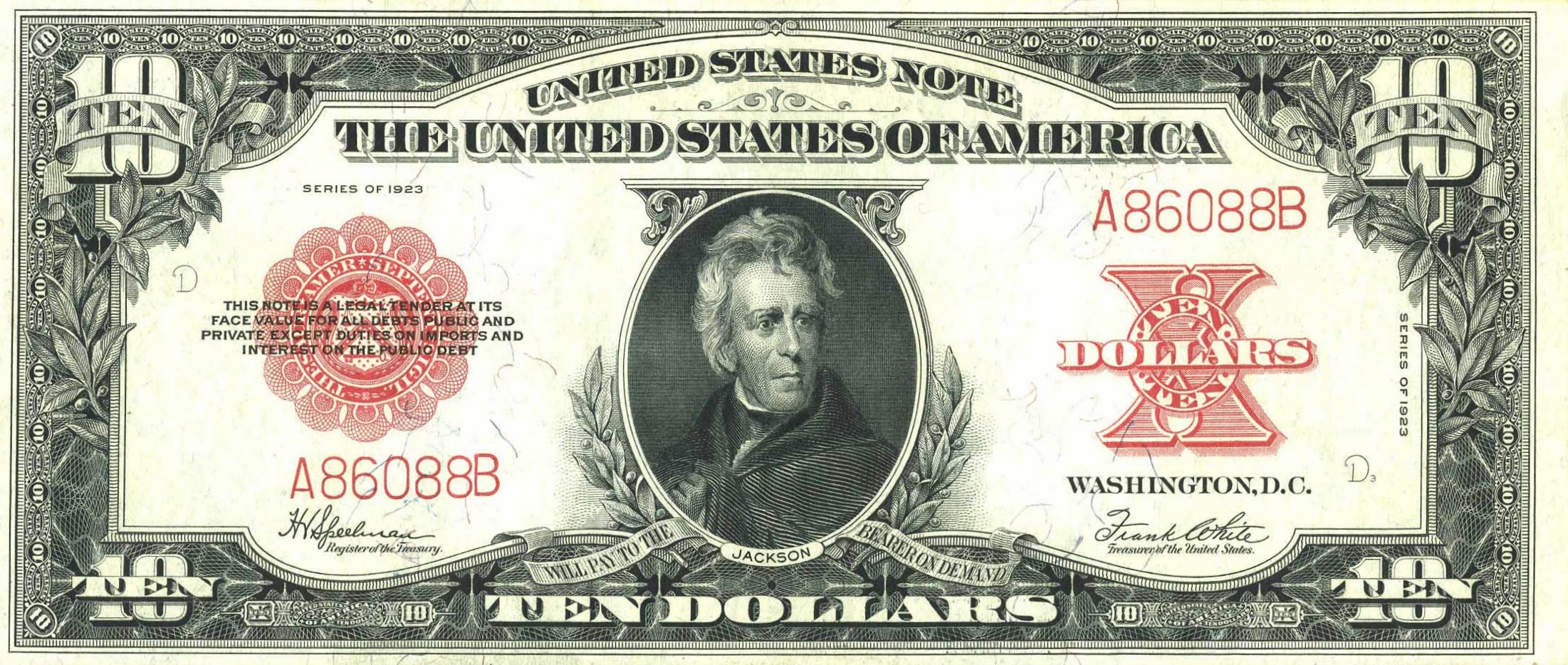
By Jim O’Neal
As a longtime admirer of Alexander Hamilton, I was relieved when the Treasury Secretary announced that Harriet Tubman would join Andrew Jackson on the $20 bill instead of the $10. However, I wonder if everyone realizes just how much delicious irony is involved in conjoining these two American icons, effectively, forever.
Tubman … born into slavery, army nurse, spy, suffragette and martyr to her cause.
Jackson … first president born in a log cabin and to ride on a railroad train, plantation slave owner (the Hermitage) and first man elected to the House from Tennessee. Strong opponent of “paper money,” as well as the Second National Bank and bitter enemy of its powerful President Nicholas Biddle.
Then again, Jackson has been a rich source of trivial factoids since he became the only president to serve in both the Revolutionary War (a 13-year-old courier captured by the British and held as a POW with his brother) and the War of 1812. His famous victory in the Battle of New Orleans actually occurred after the war had ended.
His marriage to Rachel Donelson Robards caused a major controversy since she apparently never formally divorced her first husband due to a misunderstanding. Jackson (a well-known duelist) was forced to defend her honor and he always blamed her early death on the gossip and intrigue that ensued. In fact, she never actually became First Lady since she died on Dec. 22, after his election to the presidency but before the formal inauguration in March the following year.
A fictionalized version of their life together appeared in 1950 after Irving Stone published his historical novel The President’s Lady. The book was later made into a movie starring Susan Hayward and Charlton Heston. In 1958, Heston would play Jackson again in The Buccaneer, the only movie Anthony Quinn ever directed.
A second controversy occurred in 1830 when as president he signed the Indian Removal Act, which required the “Five Civilized Tribes” (Chickasaw, Choctaw, Muscogee-Creek, Seminole and Cherokee) to relinquish their rights as autonomous nations in the Southeast U.S. and relocate to federal land west of the Mississippi River. States in the North had simply killed the Indians and taken their lands, but this was considered at the time a more legal and humane way to gain control of large areas of valuable land. States in the South, especially Georgia, enthusiastically supported this action for obvious reasons.
President Jackson sincerely believed this would be better for the Indian tribes and promised to pay all “moving expenses” and guaranteed their new lands would remain in their control. We all know how this ended up and “The Trail of Tears” describes this dark period of American history.
Maybe the many Indian-owned casinos represent a small down payment for the debt we still owe these original Americans. If not, Harriet will be close enough to Andrew to remind him occasionally for a long time!
 Intelligent Collector blogger JIM O’NEAL is an avid collector and history buff. He is President and CEO of Frito-Lay International [retired] and earlier served as Chairman and CEO of PepsiCo Restaurants International [KFC Pizza Hut and Taco Bell].
Intelligent Collector blogger JIM O’NEAL is an avid collector and history buff. He is President and CEO of Frito-Lay International [retired] and earlier served as Chairman and CEO of PepsiCo Restaurants International [KFC Pizza Hut and Taco Bell].
